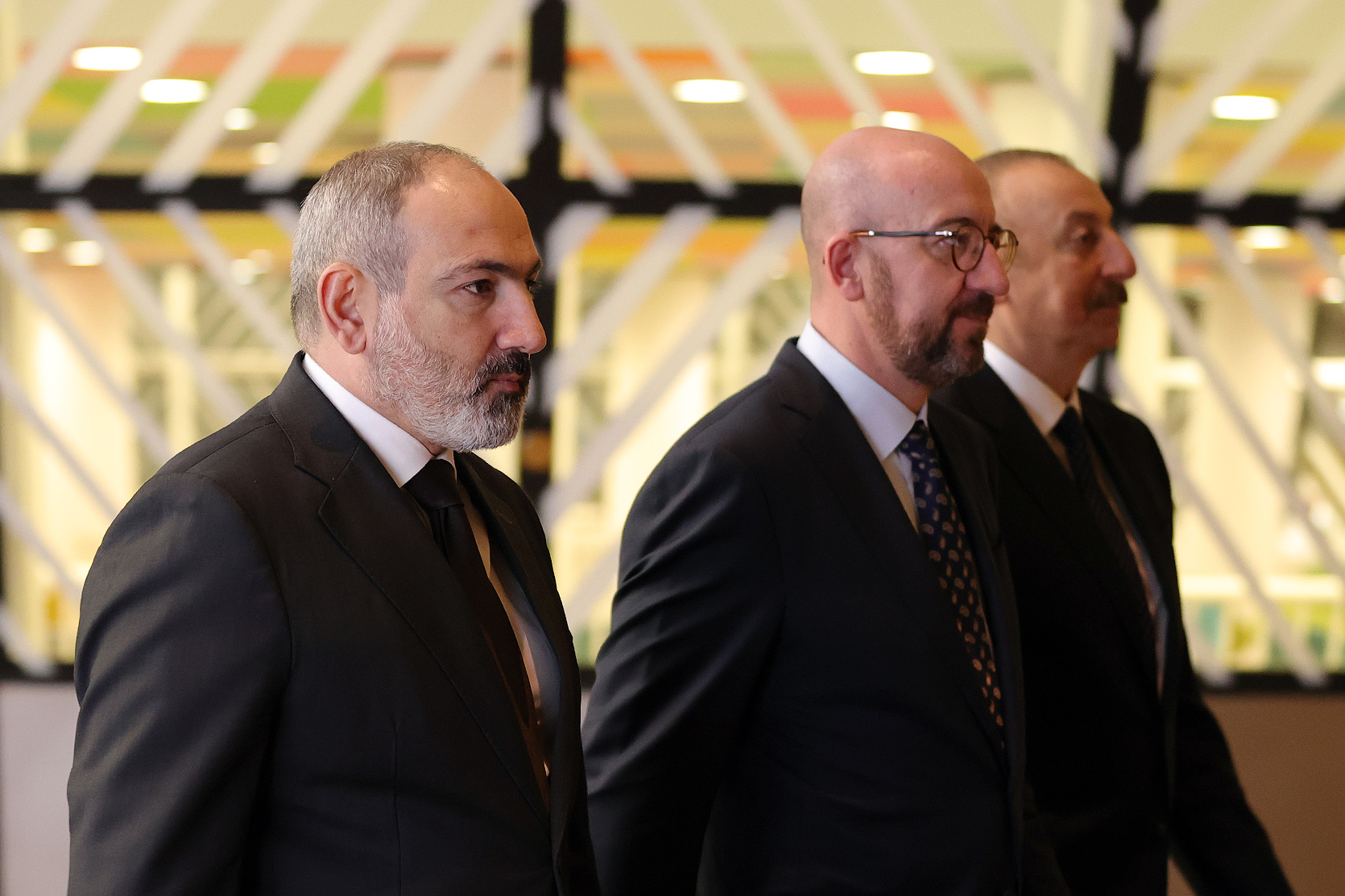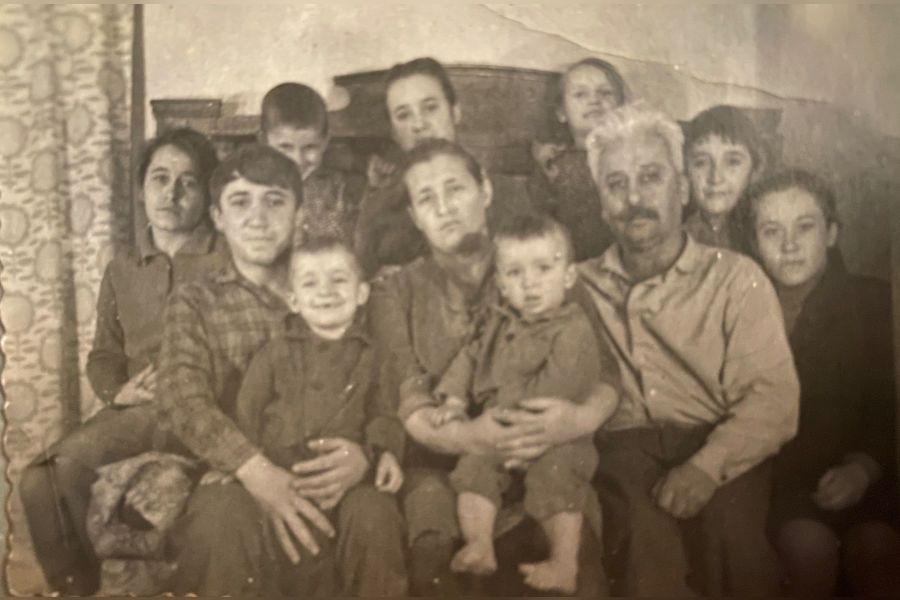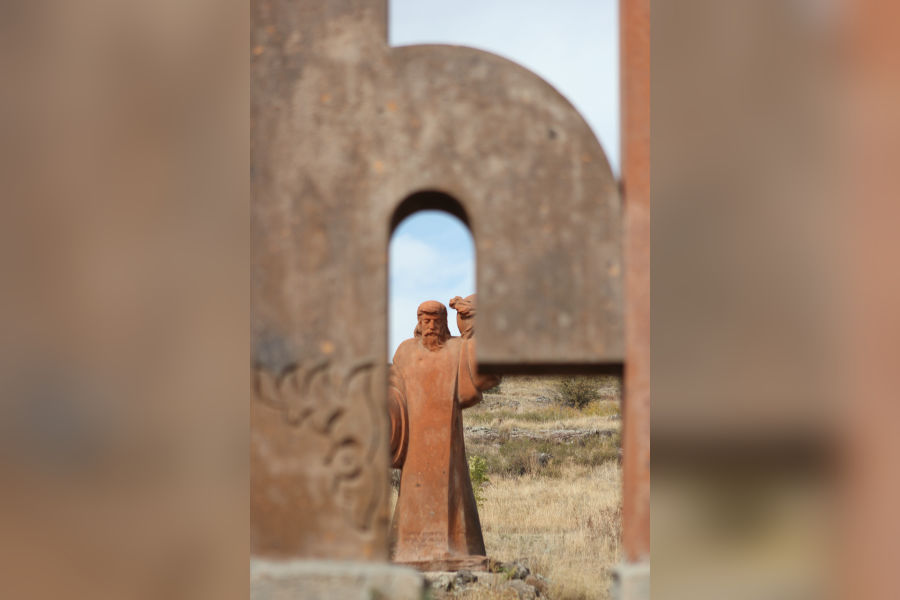Do Armenia and Azerbaijan move to peace or war?


In recent months, some positive momentum was registered in Armenia-Azerbaijan talks. The sides established national commissions on border delimitation and demarcation, and after a six-month break, the trilateral Armenia-Russia-Azerbaijan commission on restoration of communication resumed its work. According to Russian sources, later confirmed by the Armenian deputy prime minister, the sides achieved significant progress in the negotiations, almost reaching an agreement on the route of the highway, which will connect Azerbaijan with Nakhichevan via the Syunik region of Armenia, as well as on modalities of border and customs control. The agreement to open the Armenia-Turkey land border for the crossing of third country citizens and launch direct air cargo trade between the two countries, achieved during the July 1 meeting of Armenia and Turkey representatives, seemed to add a more positive environment in the South Caucasus geopolitics.
In the light of these developments, some may question the title of this paper, arguing that Armenia and Azerbaijan are moving toward peace, and the possibility of a new war is quite remote and improbable. However, the situation is not as rosy as it may seem. The core reason for the conflict, the final status of Nagorno Karabakh, continues to remain unresolved. In this context, the situation is now worse than before the 2020 Karabakh war. During the 26 years of negotiations separating the first and the second Karabakh wars under the auspices of the OSCE Minsk Group, Armenia and Azerbaijan agreed that there was Nagorno Karabakh which should have status. The contradiction was about the nature of that status. Azerbaijan expressed readiness to provide the highest possible level of autonomy within Azerbaijan. At the same time, Armenia and authorities of the Nagorno Karabakh Republic rejected any possibility of Karabakh being under Azerbaijani control, claiming that the only solution was the recognition of Nagorno Karabakh’s independence by Azerbaijan.
We face a different reality after the 2020 Artsakh War. Azerbaijan claims that there is no Nagorno Karabakh anymore; therefore, Azerbaijan will not discuss the status of a non-existent entity with anyone, be it Armenia, Russia or the OSCE Minsk Group. The Armenian government claims that Nagorno Karabakh exists, and the rights of Nagorno Karabakh Armenians, as well as the final status of the region which should derive from those rights, should be negotiated within the OSCE Minsk Group. Armenian authorities hinted that theoretically, they might agree to the broad autonomy for Nagorno Karabakh within Azerbaijan under solid international guarantees, including the permanent deployment of the peacekeeping mission. The authorities of Nagorno Karabakh Republic state that any status within Azerbaijan is unacceptable for them, as it cannot guarantee the rights of Armenians and will force Armenians to leave their homeland.
Russia and the West agree that Nagorno Karabakh exists and that its status should be decided, but this is the only area where they have overlapping views. From an American and European perspective, the only realistic way to move forward is to agree on some autonomy for Nagorno Karabakh within Azerbaijan, with guarantees that Armenians will continue to live there. Meanwhile, the agreement between Armenia and Azerbaijan on the status of Nagorno Karabakh will pave the way for Azerbaijan, the EU and the US to demand the withdrawal of Russian peacekeepers from Nagorno Karabakh after November 2025. After the complete rupture of Russia-West relations due to the war in Ukraine, the withdrawal of Russian peacekeepers from Nagorno Karabakh is part of the renewed US strategy to contain Russia and weaken Russian positions in the post-Soviet world.
Meanwhile, Russia calls on Armenia and Azerbaijan to concentrate on the issues of restoration of communications and border delimitation and demarcation and postpone the decision on the future status of Nagorno Karabakh, as no compromise is realistic now. No agreement between Armenia and Azerbaijan on Nagorno Karabakh will ensure that Russian peacekeepers will remain in Nagorno Karabakh, as even the West understands that in those circumstances, the withdrawal of the Russian peacekeepers will open the way for ethnic cleansing.
There is no clarity about the future of the OSCE Minsk Group. After the start of the war in Ukraine, Russia claimed that the US and France decided not to cooperate with Russia in this format, thus effectively killing it. During her recent visit to Yerevan, the US Assistant Secretary of State for European and Eurasian Affairs Karen Donfried stated that despite the war in Ukraine, the US was ready to work with Russia within the OSCE Minsk Group. However, the Minsk Group co-chairs issued their last joint statement in December 2021. Regardless of the reasons, the co-chairs have ceased their activities since then.
Meanwhile, Azerbaijani authorities, including President Aliyev, claim that if Armenia does not drop its demands to discuss the future status of Nagorno Karabakh, then Azerbaijan will demand autonomy for Azerbaijanis in the Syunik region of Armenia. As there is no Azerbaijani population in Syunik, this statement is an indirect threat to invade Syunik. The region is the only land area separating Azerbaijan from Nakhichevan. After the 2020 Karabakh war, Azerbaijani authorities increased their rhetoric about Syunik being a historical Azerbaijani land, which artificially divided the Turkic world, spanning from Istanbul to the Kazakhstan-China border.
Thus, despite the recent positive developments on the Armenia-Turkey track and the issues related to the restoration of communications, the core issue of the conflict continues to divide Armenia and Azerbaijan. As any quick compromise on the status of Nagorno Karabakh is unlikely, the international community should focus on preventing a new war rather than changing the status quo that emerged after the 2020 Karabakh war. In this context, confidence-building measures may play a vital role, and all sides should welcome the recent EU initiatives in this direction.










“As any quick compromise on the status of Nagorno Karabakh is unlikely, the international community should focus on preventing a new war…”
Really? But according to some intellectuals not even a nuclear armed military super power like Russia can prevent an attack by the powerful Azerbaijan on Armenia. It’s all so confusing how the “international community” can do it.